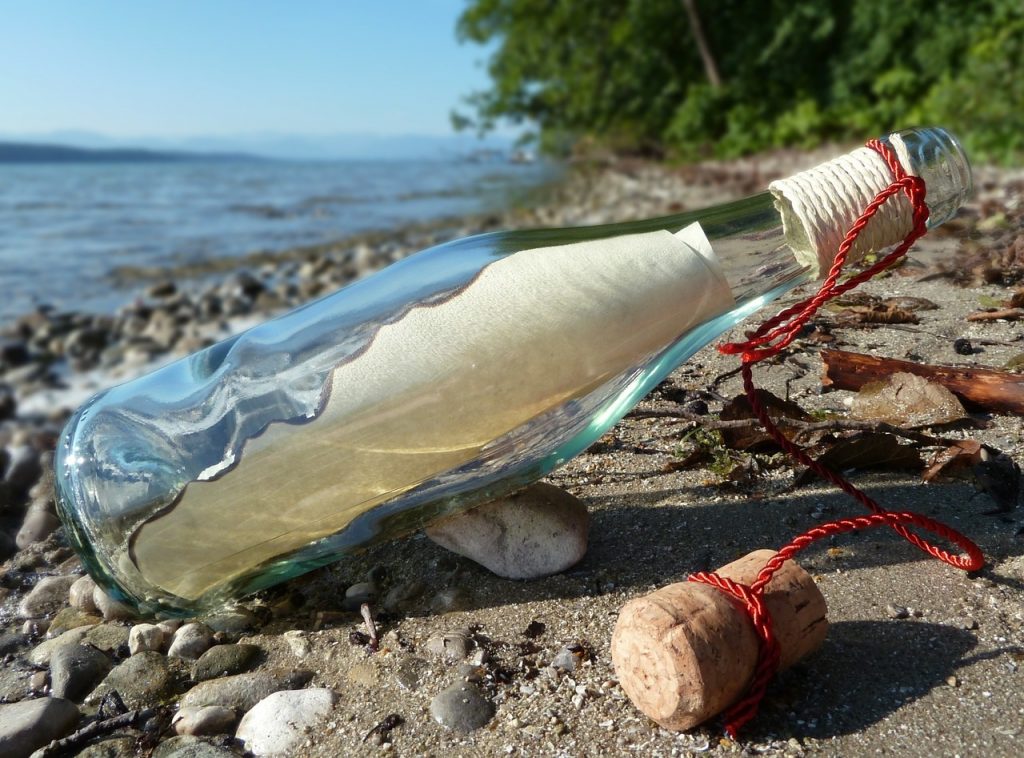The War on Waste: Simple Changes You Can Make to Reduce Your Waste

We are literally drowning in waste….and we all have to take personal responsibility to make as many changes as we can. By 2050 there will be more plastic in the oceans than fish…that’s an incredible statistic…We are filling our earth with unnecessary rubbish, polluting our air, soil and waterways, and wreaking havoc on our environment.
The great news, is that the power is in our hands to make a difference. Some of the biggest changes you can make are the smallest – things that can be easily implemented in your life to contribute to reducing our waste.
 Here are some of the changes you can make in the war on waste
Here are some of the changes you can make in the war on waste
1. Refuse Single Use Coffee Cups and Take Your Own
If you think your takeaway coffee, beautifully posed for your Instagram post each morning, is being nicely recycled, because it’s made of cardboard, or some other recyclable or biodegradable material, think again….. It’s an urban myth perpetuated by caffeine loving Aussies, desperate for their morning cup. Takeaway coffee cups are sadly NOT recycled, because they’re lined on the inside with a plastic film, which renders them very hard to recycle. Most of these cups do not even get to the starting line in the recycling race, wherever you toss them, because recycling streams are often contaminated by cups that are supposed to be compostable or biodegradable. However this doesn’t occur without proper systems and processes in place.
Coffee cups are estimated to be the second-largest contributor to our rubbish waste after plastic bottles. In an ABC article, it is estimated Australians use 1 billion disposable coffee cups each year. Richard Fine, who founded biodegradable coffee cup manufacturer Biopak a decade ago, estimated up to 90 per cent of all disposable cups ended up in landfill, equating to around 60,000 kilograms of plastic waste per annum.
You will see more and more real recyclable cups out there, however they are costly and this means that many cafes and coffee shops will not use them. Covid-19 has added another layer to people wanting disposable items. There are disposable coffee cups that state they are recyclable, compostable or biodegradable, but in the ABC article, Mr Fine says these claims could be misleading for a number of reasons.
Like many issues, the problem is lack of consistency – making it very hard to know what can be recycled, and where you can dispose of items to make sure they are recycled. Some local councils will recycle coffee cups, but others will not, and they end up in landfill. When it comes to the composting cups, due to many people not actually composting at home and a decided lack of public composting options, even these cups end up in landfill, and the biodegradable cups have not been proven to actually work.
The best ways you can ensure your coffee does not do harm to the planet is to:
- Firstly, always look for fair trade coffee.
- Don’t take your coffee away. Sit in the cafe and use a real cup – take 20 minutes to sit down and enjoy your coffee.
- If not possible to do that, then always carry your own reusable coffee or tea cup – there are plenty of options.
- Keep spares in the car, at work and in your bag.
- If you MUST have the takeaway cup, refuse the lid; and look for cups that are made from renewable resources such as managed plantation paper board and separate the lid from the cup when disposing of the rubbish.
Planet Ark state that 50,000 disposable coffee cups are going into landfill in Australia every 30 minutes and recommends if you can’t possibly go without the disposable cup, separate the lids and put ALL coffee cups in the waste bin for landfill. Otherwise they can contaminate tonnes of recyclable items, resulting in far more material ending up in landfill.
 2. Refuse Bottled Water
2. Refuse Bottled Water
1 Million Women report that 40% of all bottled water in the world, is actually just bottled tap water! That is quite shocking isn’t it!! And us Aussies are one of the biggest spenders, despite having some of the world’s best tap water. We are estimated to spend $385 million each year on bottled water.
There is absolutely no reason to still be buying bottled water in Australia. Many years ago I would often do it, but once you know all the facts, the simple step of having a number of quality reusable water bottles at home, in your car, bag and at work, means you can easily take your own water wherever you go. Not only are plastic bottles the biggest polluter, there is a lot of CO2 pollution created in the processing of plastic bottles, filling them and then sending them to your local store. Most plastic bottles once they are tossed away, end up in landfill, where they do not break down for hundreds of years.
The best tips for refusing single use plastic bottles for your water are:
- Get a tap filter installed at home to improve your water quality – we have had one for years and it is amazing how fantastic the water tastes; or invest in a filter jug.
- Make sure you have plenty of refillable water bottles at home and take them whenever you go out. I keep a spare filled bottle in the car and refresh it every couple of days, as well as making sure we take them whenever we go anywhere, including the movies or bowling or wherever, so we have a nice fresh drink.
- When you dine out, ask for tap water to the table.
3. Refuse single use plastic bags and take your own
There are so many options for reusable shopping bags. Even if you are getting groceries delivered, you can often request paper bags or cardboard boxes. You can also take your plastic shopping bags to the RedCycle bins. One of the issues with plastic bag recycling is the confusion around what can be recycled, and like many of the other products, this can vary. Clingy plastic bags and other small plastic items can be recycled, but don’t just chuck them in the main recycling bin, as they can mess up the entire chain.
Here are some tips on reducing plastic bag waste
- Refuse plastic bags at all and take your own reusable shopping bags, produce bags and carry bags.
- Re-use the plastic bags you already have at home from prior use, take them back and ask for them to be used at the supermarket or grocers.
- Grow some of your own food at home to reduce the need for buying food in plastic or join a community garden or swap group.
- Try a bulk store with containers for things like rice, grains, legumes, honey and pasta.
- Recycle all of your plastic bags including those clingy soft ones, but do not put them in the main recycling chain – check the REDcycle site here to see what, how and where to recycle them. You can take them to a range of stores and outlets.
- One thing we have been doing with small pieces of plastic like milk bottle lids, is to use an old milk carton, slice it and then store all the small things in there, and when done, we throw that into the recycling bin.
- Choose food and other products in the least amount of packaging as you can – bypass anything with multiple layers of packaging if possible.
- Try beeswax wraps and other food containers. Use compostable baking sheets.
There are lots of other tips, such as composting your food waste, shopping at op shops and vintage stores for clothing, and buying recycled, upcycled, and sustainable homewares and furniture.
Every step counts.
Helen

 Here are some of the changes you can make in the war on waste
Here are some of the changes you can make in the war on waste 2. Refuse Bottled Water
2. Refuse Bottled Water